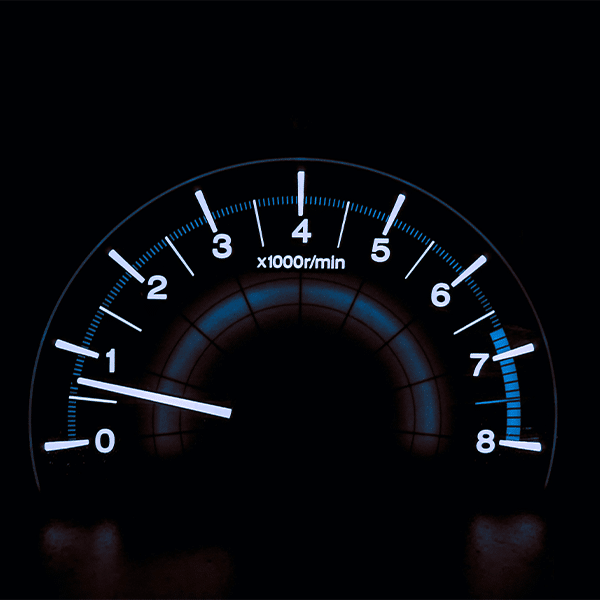 The opportunity to boost broadband speed drives more broadband households to switch providers, or broadband churn, than do lower fees, according to new research results from Parks Associates.
The opportunity to boost broadband speed drives more broadband households to switch providers, or broadband churn, than do lower fees, according to new research results from Parks Associates.
Nine percent of U.S. broadband households switched providers in the past 12 months. Thirty-five percent of them switched to get faster broadband service, while 18 percent switched to take advantage of lower prices at comparable speeds, Parks highlights in a news release.
More than one-quarter of U.S. broadband households believe their broadband speed is faster than what’s needed, however, according to Parks’ ¨360 View Update: The Need for Speed: Broadband and Data Consumption.¨ Ten percent intend to upgrade to a more expensive, faster service.
Broadband Churn
“For many, broadband is a necessity for the home. No one wants slow or spotty service, and consumers are quick to switch if they encounter problems,” commented Brett Sappington on broadband churn factors, Parks’ director of research, in a press release. ¨Operators are promoting broadband speeds of 100 Mbps or more. While 43 percent of subscribers do not know their current broadband speed, they do know about the experience that they have online, particularly as it relates to digital media.”
Survey respondents who own multiple connected entertainment devices are more likely than others to plan to upgrade their broadband service, Parks found. ¨Very high speed services, including gigabit-speed offerings, will be the next stage of competition among operators,¨ Sappington said. ¨Though few consumers today actually need that level of throughput, consumers are willing to pay to ensure that they do not encounter slowdowns or other performance problems.
¨Consumer expectations for their broadband service are changing as they add more devices and adopt new habits,” Sappington added. “For example, 34 percent of consumers who regularly watch Internet video on a tablet plan to upgrade their broadband service.
¨What was fast enough yesterday could be too slow today – it all depends on the quality of their experience and new devices in use.”


